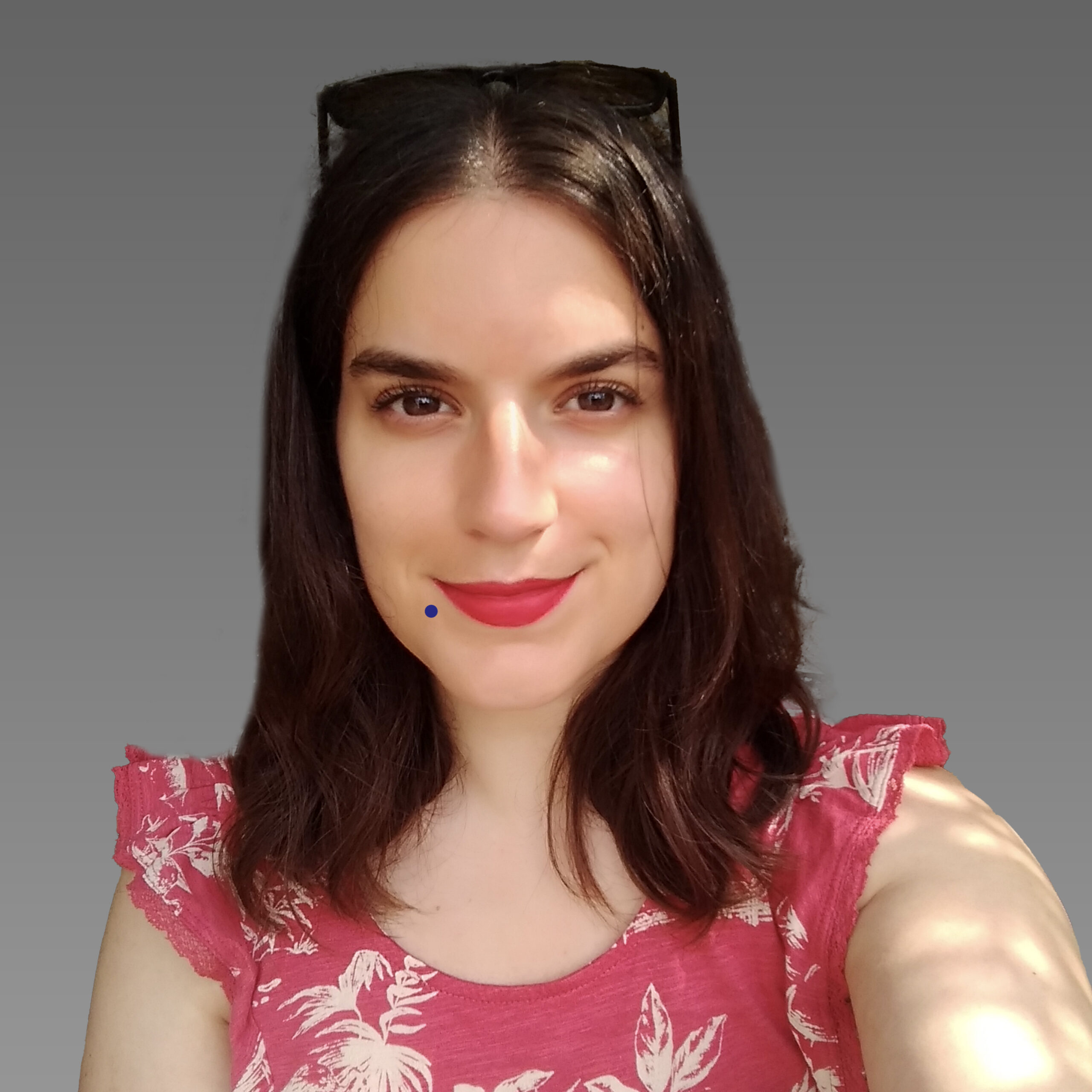Maribel I. García-Ibáñez, Tenured Scientist (Científica Titular) at Instituto Español de Oceanografía (IEO-CSIC) in Palma (Spain), obtained her PhD in 2015, which focused on understanding the anthropogenic perturbation in the inorganic carbon cycle in the North Atlantic Ocean. The outcomes of her PhD, and other works that she co-authored, highlighted the role of water mass circulation in the relatively fast acidification rates of the intermediate and deep waters of the Subpolar North Atlantic. As a biogeochemical oceanographer, Maribel explores the connections between chemical and physical oceanographic processes and their impacts on the marine ecosystem. Her background includes exhaustive knowledge of the ocean inorganic carbon cycle and water mass circulation, formation, and transformation in the North Atlantic Ocean, the Southern Ocean, and the Mediterranean Sea. Maribel has participated in several cruises, where she has sampled, measured, and quality-controlled seawater CO2 system variables, as well as managed the databases until their submission to data repositories. Her professional experience includes leakage detection in offshore reservoirs for carbon capture and storage (CCS), characterization of indicator dyes for seawater pH measurements and exploration of the internal consistency of the measurements of the seawater CO2 system, as well as characterisation of the processes affecting the carbon uptake in the Southern Ocean and analysis of tipping points for North Atlantic cold-water corals. Since 2021, Maribel has served on the Scientific Steering Committee of the ‘International Ocean Carbon Coordination Project’ (IOCCP), where she leads discussions on designing a new, resilient production model of certified reference materials for the seawater carbonate system. Moreover, Maribel collaborates with the Ocean Carbonate System Intercomparison Forum (OCSIF), created to debate the nature of the internal inconsistencies of the seawater CO2 system, advocate for needed research to resolve these problems, and provide guidance for data product assembly and documentation.
